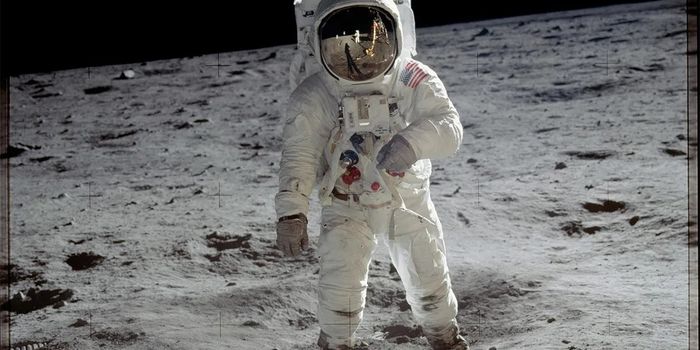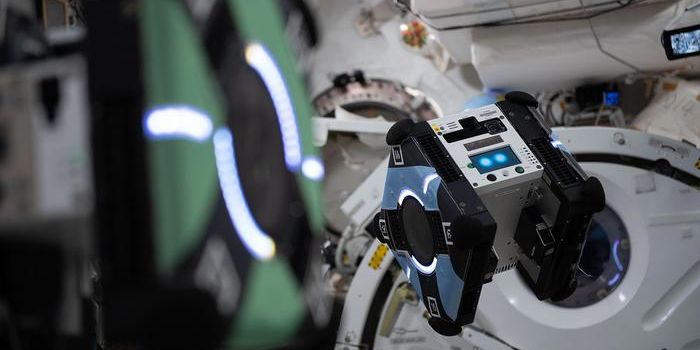Forecasting Martian Space Weather for Human Exploration
What steps can be taken to safeguard future human missions to Mars? This is what a recent study presented at the Royal Astronomical Society’s National Astronomy Meeting 2025 hopes to address as a researcher from the University of Leicester discussed how the M-MATISSE (Mars Magnetosphere ATmosphere Ionosphere and Space weather SciencE) mission concept from the European Space Agency could help future Mars astronauts monitor space weather and mitigate risks from it.
The primary goal of M-MATISSE will use its two orbiters—named Henri and Marguerite—to monitor incoming space weather from the ground to space on Mars, providing astronauts with complete coverage of space weather activity. The importance of tracking space weather on Mars is crucial for mission success, as Mars lacks a magnetic field and ozone and its atmosphere is a fraction of the thickness as Earth, which exposes astronauts to harmful solar and cosmic radiation. Even if future habitats are underground or covered with Martian regolith (dust), astronauts will still be exposed during surface activities. Therefore, successful monitoring of space weather will ensure safety while maximizing mission success.
Dr. Beatriz Sánchez-Cano, who is a lecturer in the School of Physica and Astronomy at the University of Leicester and sole author of the study said, "M-MATISSE will provide the first global characterization of the dynamics of the Martian system at all altitudes, to understand how the atmosphere dissipates the incoming energy from the solar wind, including radiation, as well as how different surface processes are affected by space weather activity. This is important because understanding the behaviour of the Martian system and the chain of processes that control space weather and space climate at Mars is essential for exploration.”
Along with the human exploration aspect, M-MATISSE could also provide insights into the habitability, climate, and atmospheric evolution of Mars, as the two orbiters will collect data regarding how space weather influences the entire Martian atmosphere.
How will M-MATISSE help contribute to future human exploration of Mars in the coming years and decades? Only time will tell, and this is why we science!
As always, keep doing science & keep looking up!
Sources: Royal Astronomical Society’s National Astronomy Meeting 2025, EurekAlert!
Featured Image Credit: CU/LASP EMM/EXI ITF/Kevin M. Gill








